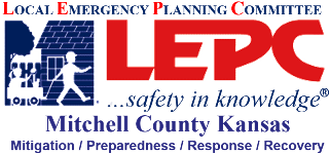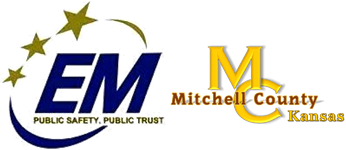- Home
-
Government
- County Government
- Locate Courthouse
- County Alert System
- County Directory
- County Appraiser >
- County Clerk >
- County Commissioners
- County Election Info >
- County Maps
- County Communications
- County District Court
- County Emergency Mgmt >
- County Employment
- County Health >
- County Register of Deeds >
- County Treasurer
- County Weed Dept. >
- Economic Development
-
Living
- Recreation
- Tourism & History
- Home
-
Government
- County Government
- Locate Courthouse
- County Alert System
- County Directory
- County Appraiser >
- County Clerk >
- County Commissioners
- County Election Info >
- County Maps
- County Communications
- County District Court
- County Emergency Mgmt >
- County Employment
- County Health >
- County Register of Deeds >
- County Treasurer
- County Weed Dept. >
- Economic Development
-
Living
- Recreation
- Tourism & History




